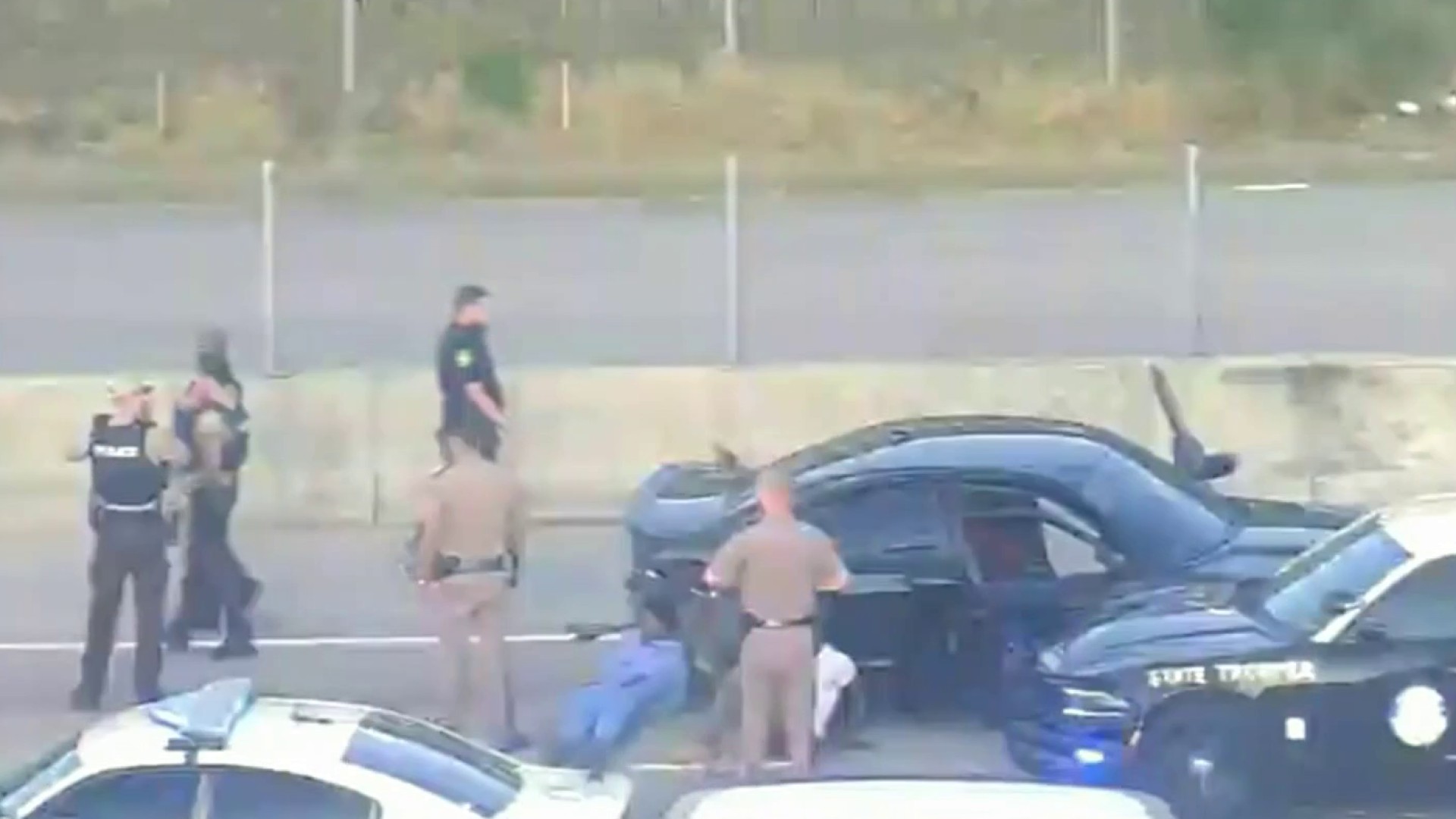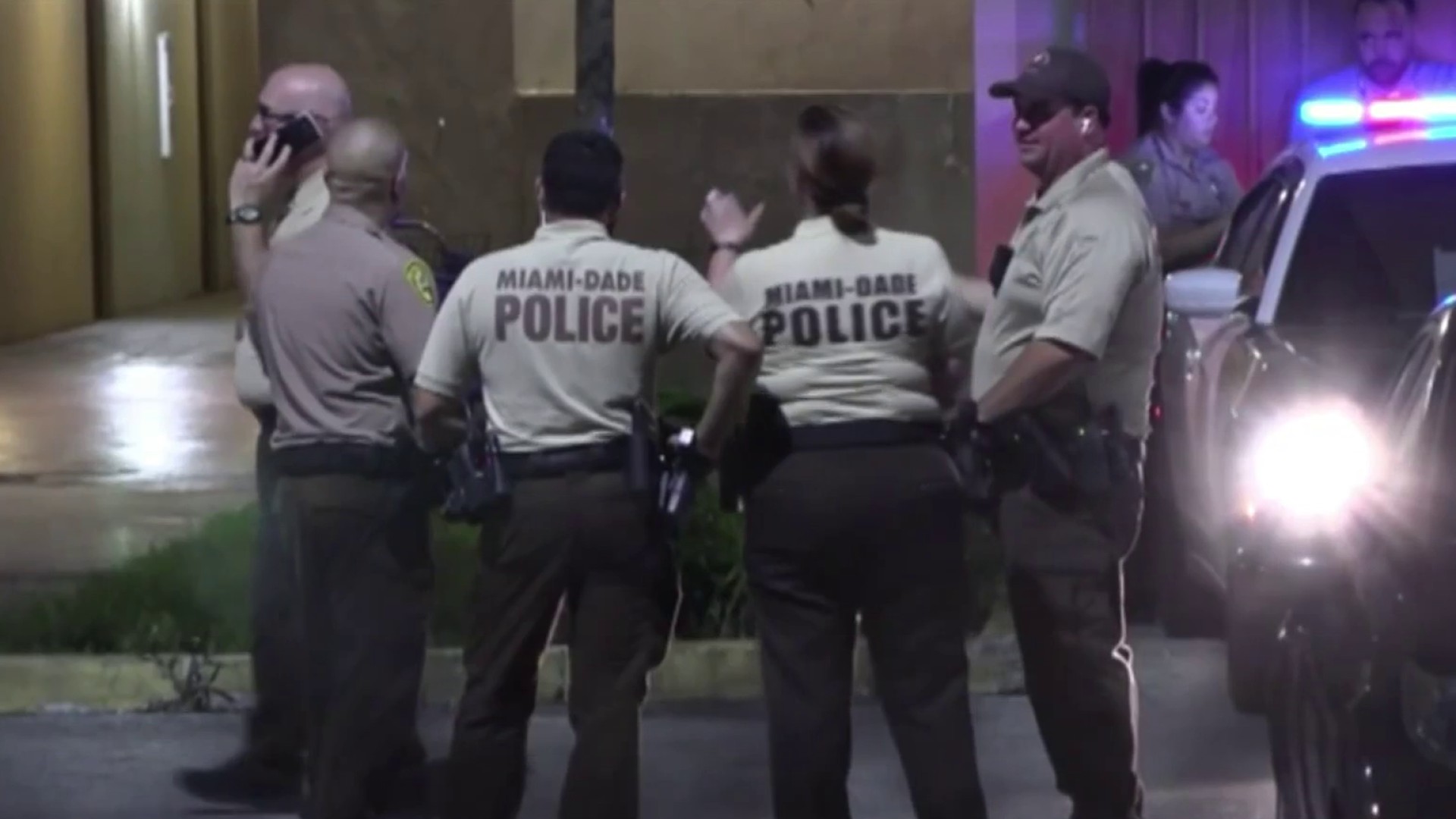When Miami-Dade’s Homeless Trust was launched 20 years ago, there were more than 8,000 living on the county’s streets. Today, there are approximately 900 people.
But ending homelessness has to be a community effort, and everyone needs to be reminded of that, said Ron Book, who heads the federally and state funded organization.
“We want to thank the community for their support but make them understand that we are not done,” he said.
Book said some ways the community can help is if they see a homeless person, to ask them if they want to get off the streets and give them the trust’s 24-hour hotline: 877 994 4357.
“We have our little cards that we distribute. We encourage motorists to carry them in their cars and hand them the card. Tell them we have a bed for them,” Book said. “We have a system in our community that does make a difference.”
Meanwhile, Thursday also marks the 20th anniversary of the Homeless Trust and it is also Homeless Awareness Day. To celebrate, the group is having a breakfast for the “unsung heroes”, 21 teams who gather every day to encourage people to get off the streets. They are also gathering high school students from various schools to talk and ask questions about combating homelessness. This is in an effort to reduce bullying of homeless people on the street and to get the teens active in the community.
The trust will also have their “cardboard brigades” in various areas throughout the county, holding up signs about Homeless Awareness Day. People can also feed the Romero Britto designed meters that have been placed throughout the county. All the money collected from the meters funds additional shelter beds and expands indoor meal programs. Click here for a map of the meters.
Local
The symptom of homelessness is a message of larger problems that the individuals are usually facing,” Book said
Book also advised drivers to not give money to panhandlers, as more than half of the community of panhandle aren’t even homeless and to not feed people on the streets as it sends a bad message.
“What you are really saying is that living on the streets is OK. If we make it easier on people to stay on the streets then they will,” Book said.



